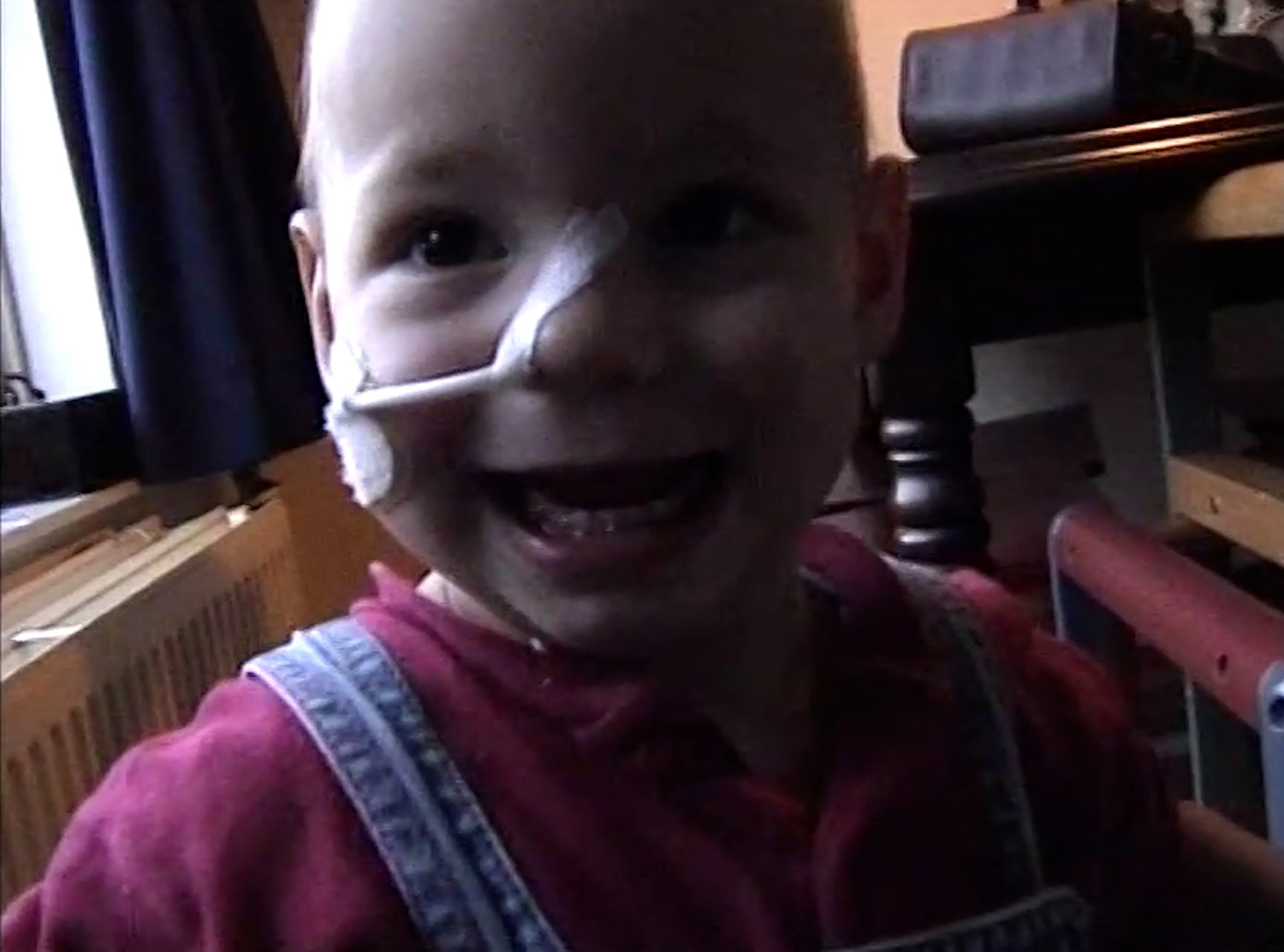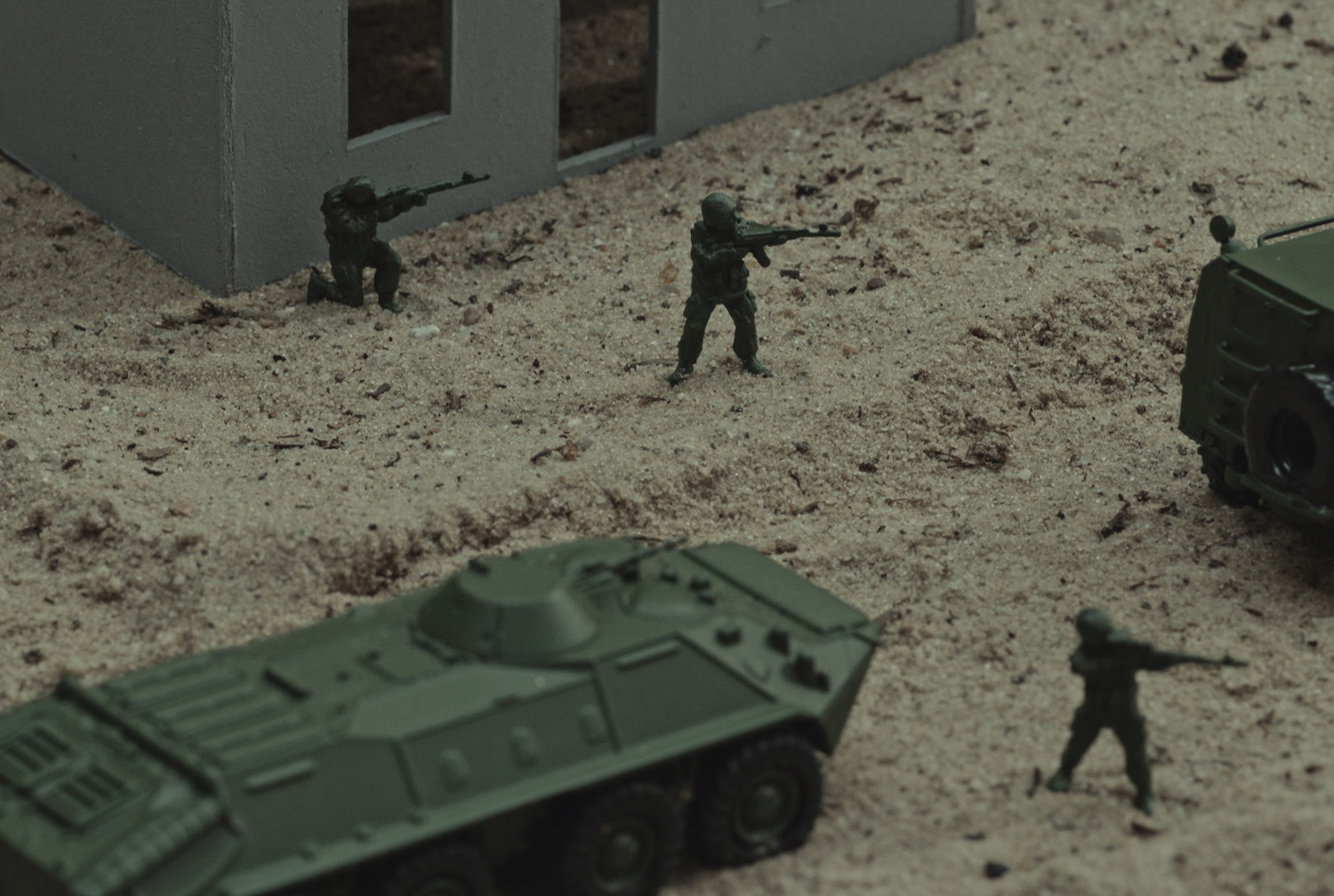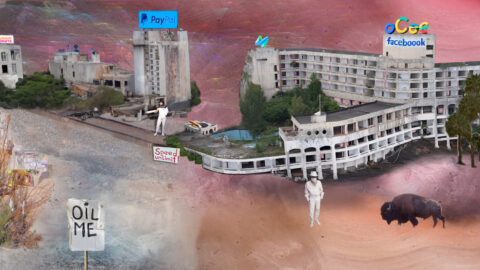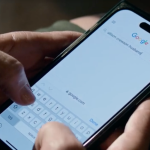This year’s Berlinale shorts selection feels noticeably more abstract, surreal, and exploratory than previous years. Whether this is a deliberate choice from the programming team or simply a sign of the times — climate breakdown; urban alienation; victimhood — it represents a challenging and refreshing change of direction.
Particularly noticeable by its absence is a certain ‘type’ of short which often dominates European shorts programming; drearily realist and naturalistic to the point of mundanity. Of the films I caught this year, only three films could remotely fit in this mode, and all supersede it, especially the excellent Turkish film Bye Bye Turtle (Selin Öksüzoğlu, 2024). The searching nature of the programme means the end result is more wildly uneven and experimental, with as many hits as misses. It makes the final result all the more interesting.

The Anxieties of Modernity
The Austro-German Tako Tsubo (Fanny Sorgo and Eva Pedroza, 2024) is a brilliant and nutty take on the mental health epidemic and tunnel-mindedness inherent to many medical professions. There are quite a few ‘city’ films in this year’s programme: Chilean effort Towards the Sun, Far from the Center (Luciana Merino and Pascal Vivero, 2024, above) is excellent in its metronymic surveys of Santiago, finding a viewpoint that flattens the urban landscape into a 2D block of near-static imagery. City of Poets (Sara Rajaei, 2024), about an unnamed city in Iran, is even better, utilising archival photography to build a psychogeographic memory of a long-forgotten place.
And on home viewing, the litany of CGI cats in the French Lick a Wound (Nathan Ghali, 2024) received a full five stars from my cat, who is normally not a cinephile.
Talking or subtitled animals are a recurring theme, often in the context of environmental destruction. French animation We Will Not Be the Last of Our Kind (Mili Pecherer, 2024), developed in the Unreal game engine, looks like a point-and-click adventure game c. 2005. Set on Noah’s Ark, it repurposes the Biblical story to one of logistics and bureaucracy, our human protagonist ordered to do meaningless tasks by middle management (mostly birds). Refracting the Book of Genesis through modern capital’s propensity for bullshit jobs mediated and overseen by bullshit people is certainly a novel and ingenious idea — I only wish Pecherer went further with it, and imploded the thought: the film is awkwardly tame for its brilliant hook.
Across the board, there’s underlying pressing anxiety about climate breakdown, which comes hand-in-hand with overconsumption and the general cultural detritus left behind by modernity. The German Pacific Vein (Ulu Braun, 2024, feature) presents us with a panopticon of digital fragmentation, a slowly panning shot of aggressively garish Americana frittering away in the California desert. In digital cut-outs, we get John Wayne, Elon Musk, Jeff Bezos and Julian Assange musing on various aspects of the world, surrounded by a wasteland of modern trash. It’s a very ‘zoomer’ piece of work, tuned into the hyperactive stream of consciousness of half-ideas and brief thoughts that the internet encourages. Films so often struggle to visually convey the ugly mess of the World Wide Web — in particular, how this mass of information is changing the way we think and perceive the world — but shorts like Pacific Vein are going some way to developing a genuine filmic language that integrates the digital world.

Dispelling Cancer Clichés
From thoughts of the future, we turn to thoughts of the past. Belgian doc Baldilocks (Marthe Peters, 2023, above) tells the story of its director as a child, undergoing a physically traumatic bout with cancer. Twenty years down the line, she’s unable to remember much of this period — the camera recordings and photos by her parents are the only records of this time. Peters’ modern-day self, however, is largely invisible, except as a voiceover or as extreme close-ups. She talks of the long-term debilitating effects of the cancer which has left her with lifelong chronic conditions. Diving into her videotape memories, where she reenacts hospital appointments with her parents and discusses her fondness for tube food, Peters finds a means of communication with herself and a way of trying to understand oneself in the world today.
In an able-bodied world, which privileges the language of survival, battle and heroism in talking about cancer patients, Baldilocks functions as a rejection of standard tropes by taking a matter-of-fact manner. Frustrated with declarations by doctors that she’s a ‘medical miracle’, Peters prioritises the banality and ‘normalness’ of her youth — most frequently we see her as a child playing and laughing. It’s in stark contrast to the way she talks about herself in the present tense, seemingly worn down by the constant strain on her body, and its attendant mental health issues. There are no easy, obvious answers to life after cancer, and there are no easy, obvious answers to life when chronically ill. Peters’ response is not an acceptance of that, but an attempt to grapple with it in the present day. That’s precisely why it’s one of the best films in this programme.

Grappling with Complicity
Attempting to grapple with difficult ideas is also present in the German Unwanted Kinship by Pavel Mozhar (2024, above), a Belarusian filmmaker who has lived in Berlin since the age of ten. The film takes testimony from Ukrainian civilians caught up in the Russian invasion, detailing the abuse and violence they suffer. Alongside this are re-enactments, some handled by actors in disused post-industrial settings, and some by a collection of small plastic action figurines. Both of these re-enactments avoid any visual representation of violence, which is present only in the testimony read out by actors. In addition, Mozhar narrates his own experiences in German as opposed to Russian or Belarusian. He speaks of a sense of disgust (the unwanted kinship of the title) at those who commit acts in the belief of an imagined community, of which Mozhar is contiguous.
It’s a fascinating and aesthetically tricky depiction of complicity, and to what extent one can conceive of collective guilt. In and of itself, the film is superb. And yet, its presence also raises questions on the wider choices involved in funding and exhibiting this type of work: this is ultimately a German-funded work about traumas occurring outside EU borders. I’ve seen this story before: rich European countries, with well-endowed cultural funds, funding filmmakers from the peripheries to make ‘important’ films about war, violence, and trauma.
These funding trends almost uniformly focus on victimhood first and foremost, and so it is with Unwanted Kinship, with its dutifully recited testimonies of trauma. The obsession with victimhood flattens the Ukrainian experience into a single trait.
Mazhor’s film, in and of itself, evades this criticism precisely by being avowedly self-critical. Yet, with nearly every short here bearing the imprint of at least one state-funded cultural fund, one must view cautiously who is funding which filmmakers and for what reasons. The future of Ukrainian representation as defined by Western European bodies would be one of endless victimhood if it goes unchallenged. It only takes a look at Yevhen Titarenko’s and Vitaliij Manskiij’s excellent Eastern Front (2023) to understand how much more complex victimhood looks when described by the group being victimised.
Germany in particular has a warped and bastardised idea of victimhood, in which a certain sense of innate superiority in the country allows it to bestow specific values and signifiers to specific groups of people. These double standards are something filmmakers ought to be conscious of and fighting against. Because, if the last few months are anything to go by, it’s quite clear German funding bodies are happy to assign Ukrainians the status of victims, but simply refuse to do the same for Palestinians.
Fedor Tot is a Yugoslav-born Wales-raised Brazil-based film critic and curator specialising in Balkan cinema, with bylines at WeLoveCinema, Mubi Notebook and Photogenie.




